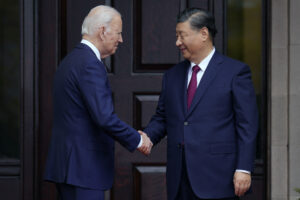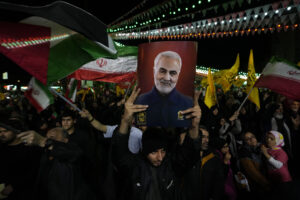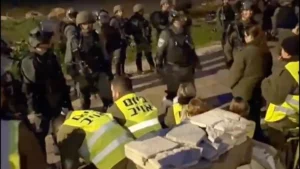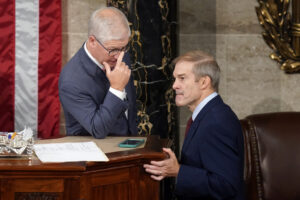
BARUCH DAYAN HA’EMES: Petirah Of The Skulener Rebbe, Harav Yeshaya Yaakov Portugal ZT”L [LEVAYA DETAILS]
It is with profound sorrow that YWN announces the Petirah of the Skulener Rebbe, Harav Yeshaya Yaakov Portugal zt”l, who was niftar on Motzei Shabbos after battling a serious illness for the past several years. He was 68 years old. Born in Bucharest during a time of great turmoil, Rav Yeshaya Yaakov was a living emblem of resilience and strength. He was the eldest son of Harav Yisrael Avraham Portugal zt”l, and the grandson of Harav Eliezer Zusia Portugal zt”l, both of whom were pillars of the Skulen dynasty. From a young age, Rav Yeshaya Yaakov exhibited a deep hasmada in Torah and avodas Hashem, a path he would follow with unwavering dedication throughout his life. His early years were marked by the challenges of living under Communist rule, where he witnessed his father and grandfather risking their lives to preserve Yiddishkeit in Romania. This early exposure to sheroism undoubtedly shaped the Rebbe’s own approach to leadership, as he would later inspire and uplift Jews from all walks of life with the same courage and dedication. After relocating to the United States, the Rebbe continued the work of his illustrious father and grandfather, establishing himself in Boro Park, where he became a magnet for those seeking guidance and brachos. Night after night, a steady stream of chasidim and admirers would gather outside his home, waiting for hours for the opportunity to receive the Rebbe’s brachos and advice. His fatherly compassion and radiant smile were a source of comfort and strength to all who came to him. His leadership extended well beyond Boro Park, as he also played a pivotal role in supporting the Chessed L’Avraham network of schools in Eretz Yisrael, continuing the work of his father in spreading Torah and chessed to all corners of the world. The Rebbe was also known for his miraculous recovery from a life-threatening illness several years ago, an event he often spoke about and publicly thanked Hashem for. The Rebbe is survived by his brothers, the Skulener Rebbes of Williamsburg, Monsey, Lakewood and Yerushalayim, who carry on the work of the Skulen dynasty, and by his many chasidim who will continue to walk in the path he set out for them. The Levaya will take place at 12:00PM at the Skulener Beis HaMedrish in Boro Park followed by the Kevura at the Viznitzer Beis Hachaim in Monsey. Baruch Dayan Ha’emes. (YWN World Headquarters – NYC)





































